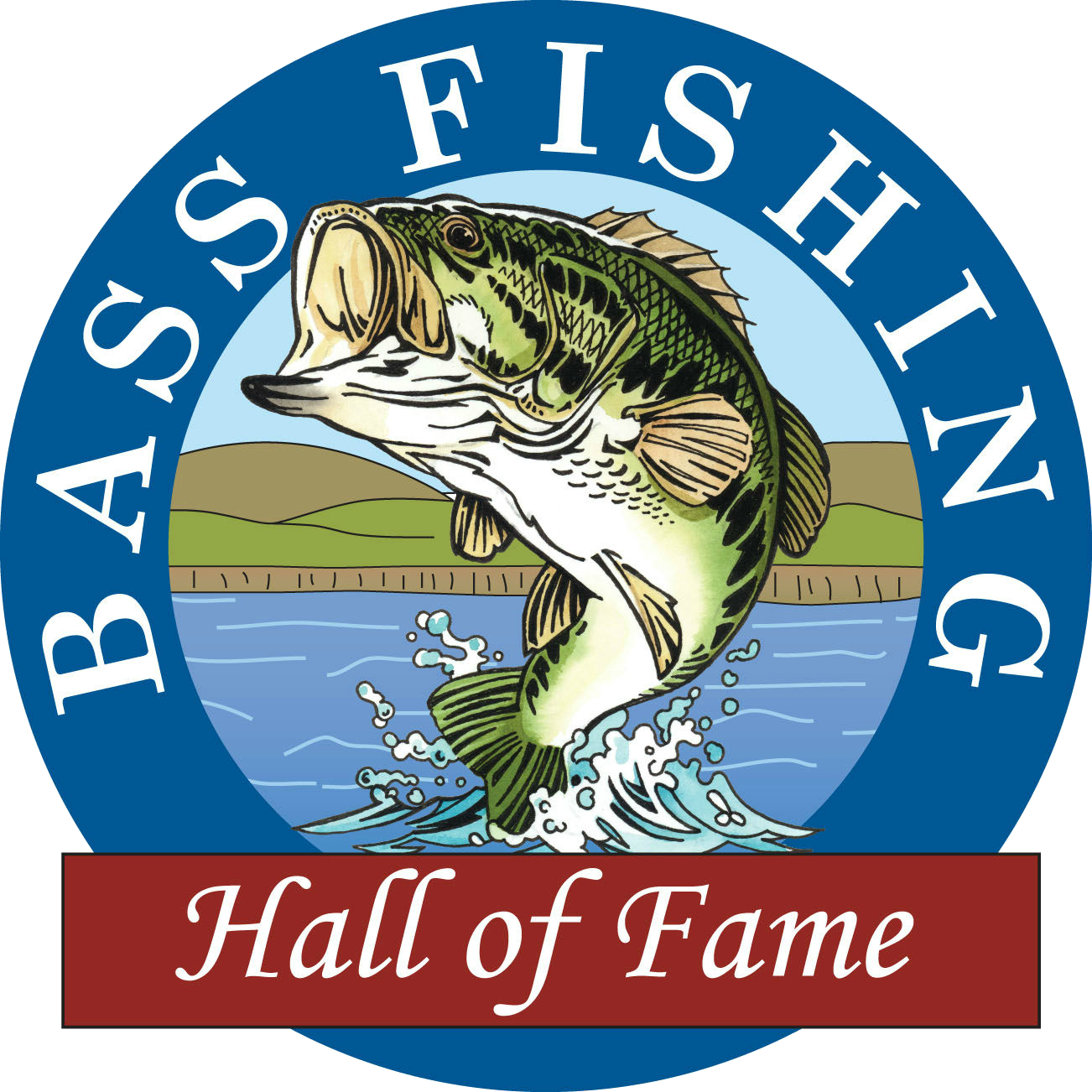Bill Norman

Bill Norman
Inducted: 2007
The late Bill Norman established a name for himself by building an internationally known fishing lure company, Norman Lures company in Greenwood, Arkansas.
Many people have created fishing lures that caught fish, but few have also had the ability to hook fishermen first. Over his 20 year career, Norman had the ability to anticipate and predict the future of bass fishing and capitalize on it, to the benefit of the explosive bass fishing industry.
Norman brought his boyhood love of fishing into his adult life when, after serving in the military and some early work years, he took his fishing interest into a business venture with Wood Lures, a Conway, AR, firm.
While Wood Lures had a proven track record selling a lure called the Spottail Minnow lures that were made of cedar, balsa, and other woods were giving way to plastic lures in the late 1960s and early 1970s.
It was about this time that Norman joined the Fort Smith firm that became Plastics Research and Development Company (PRADCO), where his experience with assembly line methods worked well with other company employees knowledge of plastics. It was also the heyday of the alphabet bass lures. The pioneer Big O, carved from wood, shifted to plastic and drew rivals called the Super R and later, Norman’s Big N.
When Bill Norman left PRADCO, he moved a few miles south to Greenwood and built Norman Manufacturing. His moved coincided closely with the rapid growth of organized bass fishing and the debut of bass tournament fishing as a sports vocation.
Being an early pioneer, Norman looked at major bass tournaments as a route to get his lures before the general public. He was among the first, if not the first, to sponsor a Pro Team of professional anglers on the national bass circuits and he competed himself in some of the early BASS events.
Throughout his life Bill Norman successfully assembled a staff of innovators and pushed hard to remain a step ahead in the changing fishing world, and today his Norman Little ‘N; DD22; the Tiny ‘N and N-Ticer are standards in many anglers tackle boxes around the world.
